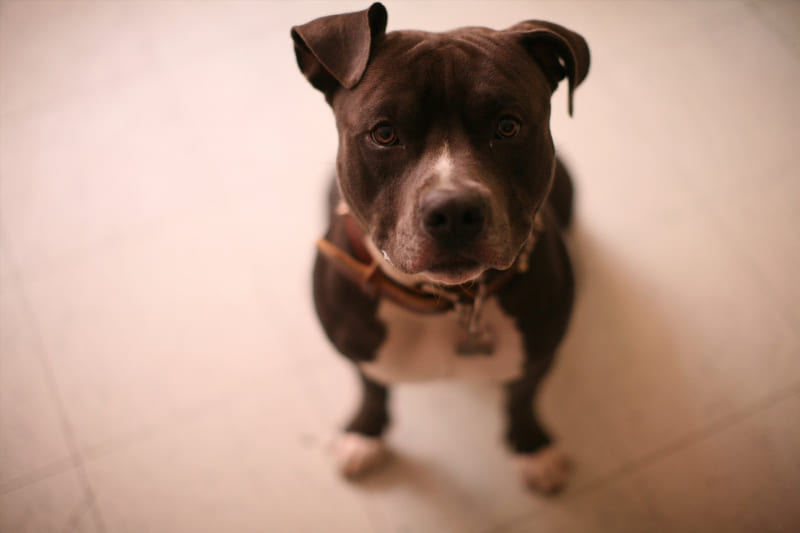Montreal’s Relationship with the Pitbull Breed
In the heart of Canada’s Quebec province, Montreal stands as a beacon of culture, history, and unique stories. Yet, among all its tales, there’s a curious narrative surrounding the pitbull breed and its reputation. For those who’ve strolled through Montreal’s parks or neighborhoods, it wouldn’t be surprising to notice the mixed feelings toward this breed. But where did it all start?
Montreal has a storied history with the pitbull breed, similar to many other cities worldwide. Over the years, incidents involving pitbulls and other breeds led to a media storm, often catapulting the pitbull to infamy. But are these dogs really the menace they’re painted to be? Or is it a classic case of “bad press”?
The Origins of the Breed’s Controversy
The pitbull isn’t a singular breed, but rather a term encompassing several breeds like the American Pit Bull Terrier, the American Staffordshire Terrier, and the Staffordshire Bull Terrier. Their origins trace back to 19th-century England when they were bred for bull-baiting – a now-outlawed sport. Once that was prohibited, they found their way to America, where their strength and loyalty made them popular.
Historical Incidents: Over time, a few incidents involving pitbulls led to their demonization. The media, often focusing on sensationalism, highlighted these events, leading to public hysteria.
Selective Breeding: While pitbulls were initially bred for their strength, some unscrupulous breeders focused on aggression, tarnishing the breed’s overall reputation.
A Matter of Perception or Reality?
Interestingly, the very traits that make pitbulls vilified – loyalty, protectiveness, and strength – are the ones that make them excellent companions. So why the bad rap?
- Misunderstandings: Often, incidents involving dog attacks misidentify the breed, leading to skewed statistics.
- Ownership Issues: Dogs, irrespective of breed, are products of their environment. A pitbull raised in a loving home differs greatly from one brought up in a hostile environment.
- Media Influence: As they say, “There’s no such thing as bad publicity”, but in the case of pitbulls, negative media attention has painted them as public enemy number one.
As Wikipedia’s article on dog attacks suggests, several factors contribute to attacks, including the dog’s upbringing, treatment, and the circumstances of the incident.
Montreal’s Stance on the Issue
Montreal has seen its fair share of debate on pitbull ownership. Some advocate for stringent regulations, while others vouch for better education and responsible ownership.
- Legislation: For a brief period, Montreal had banned pitbulls. However, this was later reversed, acknowledging the complexity of the issue.
- Public Perception: While some Montreal residents remain wary of the breed, many are recognizing that the dog’s upbringing plays a more significant role than its genetics.
A Glimpse into the Future: Rebranding the Pitbull Image
Change is in the wind for the pitbull’s image. Grassroot movements, celebrity endorsements, and informative campaigns are aiming to paint a new picture – one where the pitbull is seen as a loving companion, not a ticking time bomb.
Awareness Campaigns: Groups are taking to the streets and the web, sharing stories of loving pitbulls and responsible owners.
Community Initiatives: Dog meet-ups, workshops, and training sessions are helping to break down barriers and dispel myths.
Testimonials: Many individuals are stepping forward, sharing heartwarming tales of their pitbull companions.
To question, “Are pitbulls truly dangerous or just misunderstood?” is to invite introspection. Like humans, dogs are individuals, shaped by upbringing, environment, and experiences. It’s high time we viewed them as such, looking beyond the stereotypes and recognizing the love and loyalty they bring to our lives.








